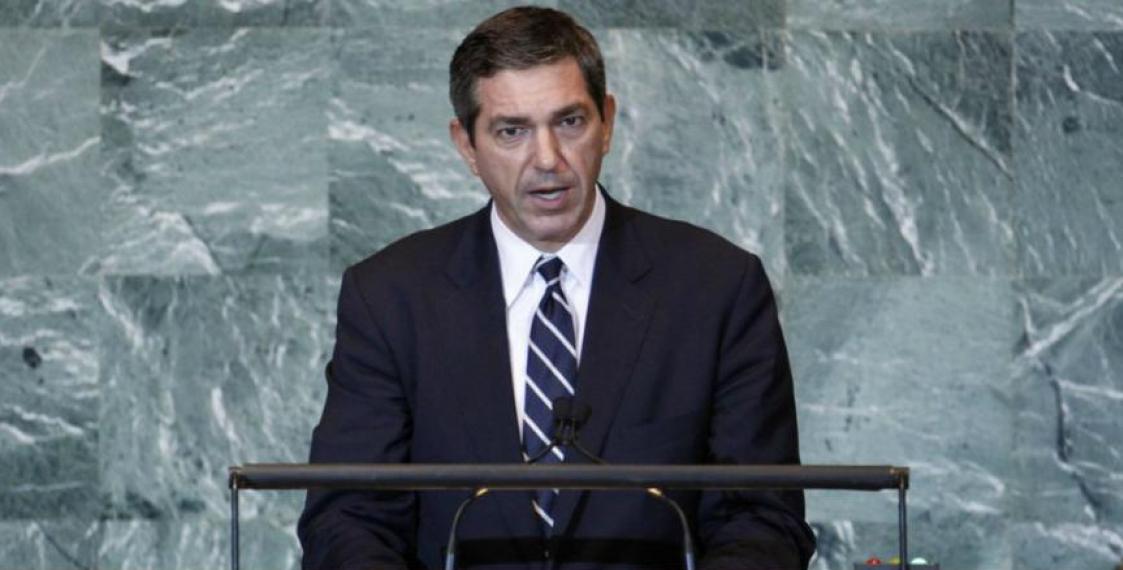EU envoy Stavros Lambrinidis: Civilized countries should be above revenge and abolish the death penalty
Stavros Lambrinidis, EU Special Representative for Human Rights, hopes that Belarus will soon be among the countries that have introduced a moratorium or even abandoned the use of the capital punishment.
According to BelaPAN, Lambrinidis spoke on March 10 in Minsk at the international conference on the death penalty in Belarus. The event was organized by the UN Office in Belarus, with the financial support of the British Embassy. The conference was attended by Andrea Rigoni, PACE Rapporteur on Belarus, Karel Schwarzenberg, Chairman of the Foreign Affairs Committee of the Czech Parliament, Fiona Gibb, UK Ambassador to Belarus, Sanaka Samarasinha, head of UNDP office in Belarus, and a number of foreign experts.
“Most countries have already abolished the death penalty,” Mr. Lambrinidis said. “The number of abolitionist countries has increased from nine in 1965 to 16 in 1978 and more than 150 in 2016.” Mr. Lambrinidis noted that Belarus was still applying the death penalty while 28 other European countries had already stopped executing prisoners.
Mr. Lambrinidis stressed that the availability of the death penalty as a sentencing option was not due to political and cultural factors. There are many differences between Iran and the United States, for example, but both countries have capital punishment, he said.
Mr. Lambrinidis questioned the Belarusian government’s argument that the death penalty cannot be abolished because a majority of the Belarusians had voted for it in the 1996 nationwide referendum. At that time, Belarus’ Criminal Code provided for 15 years in prison at most and had no such penalty as life imprisonment, he said.
Mr. Lambrinidis pointed out that although the people of many European countries had also been largely in favor of the death penalty before its abolition, their governments had gone against the popular will.
The anger of those who say that a child rapist and murderer deserves no better treatment is understandable, but people should not allow murderers to turn themselves into murderers, Mr. Lambrinidis said. It is the duty of civilized countries to be above revenge and the “eye for an eye” principle, he said.
Meanwhile, Deputy Foreign Minister Valiantsin Rybakou said at the event that the majority of the population still supported the retention of the death penalty.
“As we all know, that the majority of Belarusian citizens voted in favor retaining the death penalty in the referendum in 1996. And numerous opinion polls that have been conducted since then show that the death penalty is still perceived differently in society and there is still a majority of its supporters. We cannot ignore this fact, including in the context of our dialogue with our European partners,” said Rybakou.


















